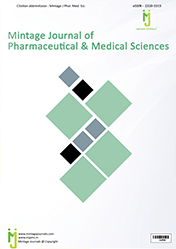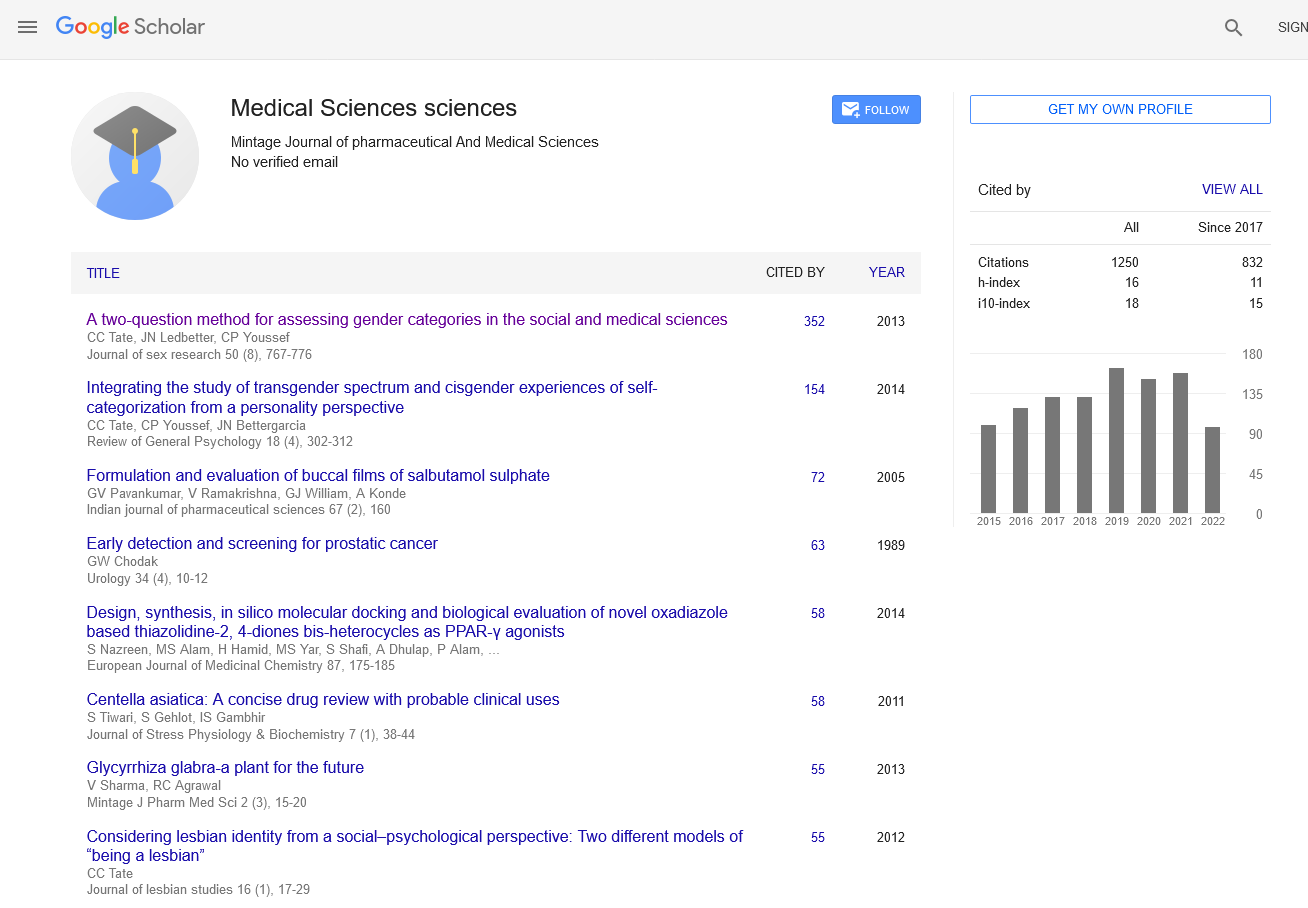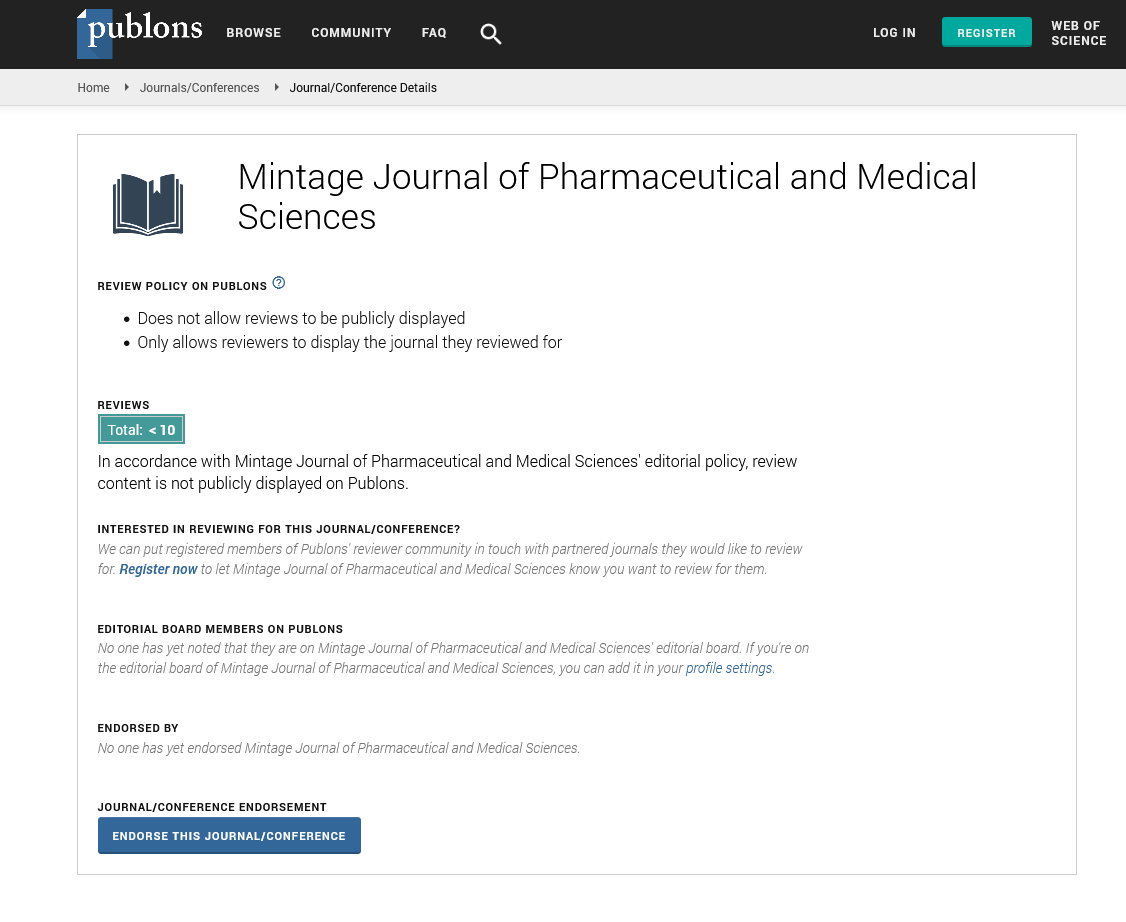Abstract
ANTIPROLIFERATIVE EFFECT OF EXTRACTS AND FLAVONOIDS OF Juniperus PhoeniceaL. GROWING IN EGYPT
Author(s): MAII A. I. MAAMOUN 1*, SALMA A. EL-SAWI 1, HEMAIA M. MOTAWAE 1, MOHAMED A. SLEEM2, ABDEL-RAHMAN O. EL-SHABRAWY2, HAWASW. USAMA3AND AYMAN A. FARGHALY
Objective: To Investigate the Cytotoxic effect of the plant Juniperus phoeniceaL. growing inEgypt.Main outcome measures: SRB and MTT assays are used to measure the antiproliferative activity of crude and successive extracts as well as the isolated flavonoids. Also, in vivocytogenetic assays were carried out. Results: The antiproliferative effect of leaves crude extract of Juniperus phoeniceaL. done by SRB assay showed high activity against lung carcinoma (H460), liver tumor (HEPG2) and breast carcinoma (MCF7) cell lines (IC50= 0.6, 0.9 and 4.9μg/mL, respectively). Consecutively, among the successive extracts of leaves, the ethyl acetate fraction was the most active against (H460) (IC50=7.29μg/mL). On the other hand, the antiproliferative effect of berries crude extract of J. phoeniceadone by MTT assay showed 21% lethality at conc. 100 ppm against HEPG2. Phytochemical investigation of J. phoenicearesulted in the isolation and identification of 4 flavonoids; isoetin-7-O-β-glucoside which was isolated for the first time from berries extract, isoscutellarein, amentoflavone and agathisflavonewhich was isolated for the first time from leaves and berries extracts. Investigating the antiproliferative activity of the isolated flavonoids by MTT assay revealed that agathisflavonerecorded high activity against HEPG2, colon carcinoma (HC112) and (H460)(IC50 =3.5, 53.1 and 59.9 μg/mL, respectively). In vivocytogenetic assays (Micronucleus and Chromosome aberrations tests) were carried out on agathisflavoneshowed that no significant differences between treated and negative control groups were observed in the Micronucleus level in polychromatic erythrocytes and in chromosome aberrations in both tests, respectively, which indicates the safety of agathisflavoneon normal cells.Conclusion: Juniperus phoenicealeaves exhibited more efficient antiproliferative activity than berries. Also, the biflavone; agathisflavone, isolated for the first time from leaves and berries showedthepotentantiproliferative effect on cancer cell lines and is safe for normal cells of mice under the experimental conditions

ISSN: 2320-3315
ICV :81.58

